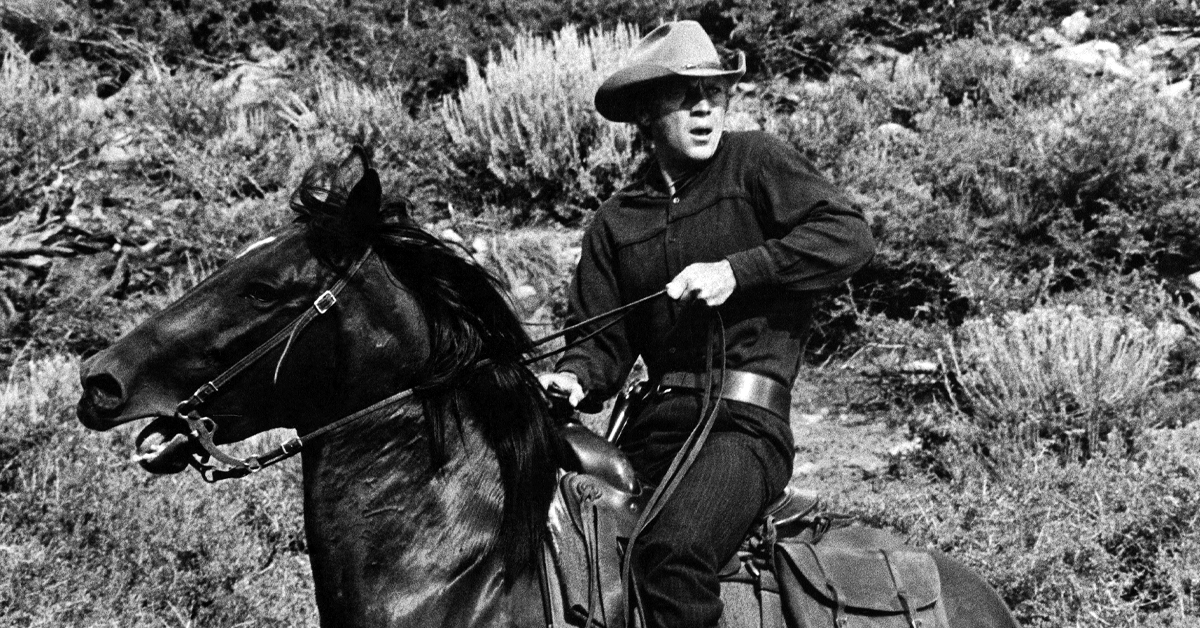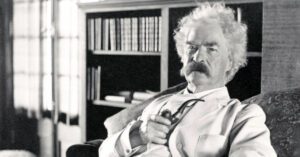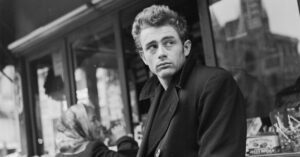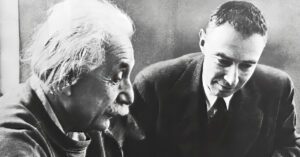In 1989 Akira Kurosawa was presented with an honorary Academy Award by Steven Spielberg and Martin Scorsese. Virtuoso Japanese director Kurosawa was 44 in 1954 when he made the classic movie entitled Seven Samurai about a gang of mercenaries, seven in number, who in the end reveal their self-sacrificial idealism by saving a poor Japanese village from marauding bandits.
Highbrow historians, critics, and academic scholars have written essays, dissertations and books on the genesis, meaning, and cultural significance of Seven Samurai.
“All I was trying to do.” Kurosawa later explained, “was to make a Japanese western.”
In 1960 his film was remade as an American western called The Magnificent Seven. The rights were secured by Yul Brynner, who planned to star. In fact, he was the only bankable star at the time. Six more actors were signed to fill the remaining roles, and the picture would make huge stars out of several, including Charles Bronson and Steve McQueen, who would be paid a flat of $65,000 for this picture.
In its review, Variety‘s critic wrote, “Of the big seven, Bronson and McQueen share top thespic honors. Bronson fashions the most sympathetic character of the group. McQueen, an actor who is going places, brings an appealing sense of humor to his role.”
The notice from The Hollywood Reporter declared, “McQueen, if he can get sprung from TV, where he is learning nothing and only getting older, is going to be a great big star. In his last two films he has played secondary leads and in each he has held his own against the top star, to put it politely.”
The television reference was to McQueen’s still popular series Wanted Dead or Alive.
The Magnificent Seven was an enormous box office hit. The director was John Sturges, who would later use both McQueen and Bronson in the classic The Great Escape (1963). And it was Sturges who had given McQueen and Bronson their first break in movies on Never So Few (1959).
What did Akira Kurosawa think of The Magnificent Seven? He presented John Sturges with a ceremonial samurai sword.
Eli Wallach portrayed the film’s Mexican bandito. Of Steve McQueen he said, “Steve was always fidgeting on camera — thumbing his pistol, rubbing his hat, doing little things to attract they eye of the viewer to his character even when he was not the focus of the scene. This annoyed Yul Brynner on occasion but Steve knew what he was doing. He was a very focused actor and realized this film would be very important for him.
“I was never close friends with Steve…from what I understand not too many people were. But he respected me and I respected him and we always got along well. I had no idea how sick he was when we made The Hunter in 1980. I remember once during the filming he saw a stage assistant dressed in Levis walking unnoticed to a motorcycle and driving away. ‘I wish that was me,’ Steve said. I don’t think he was ever very comfortable with all his fame and the attention he got. He was a fine actor, a nice man, and he died too soon.”




